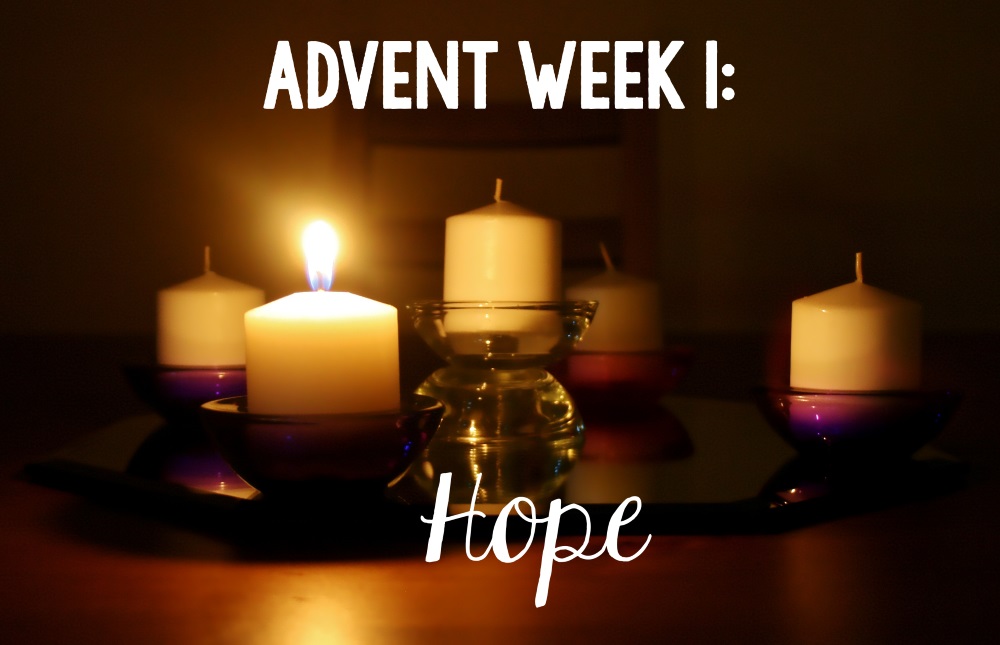Meditations on hope and resilience for the first Sunday of Advent
Hope begins in the dark … the stubborn hope that if you just show up and try to do the right thing, the dawn will come. You don’t give up. — Anne Lamott You do not need to know precisely what is happening, or exactly where it is all going. What you need is to […]

